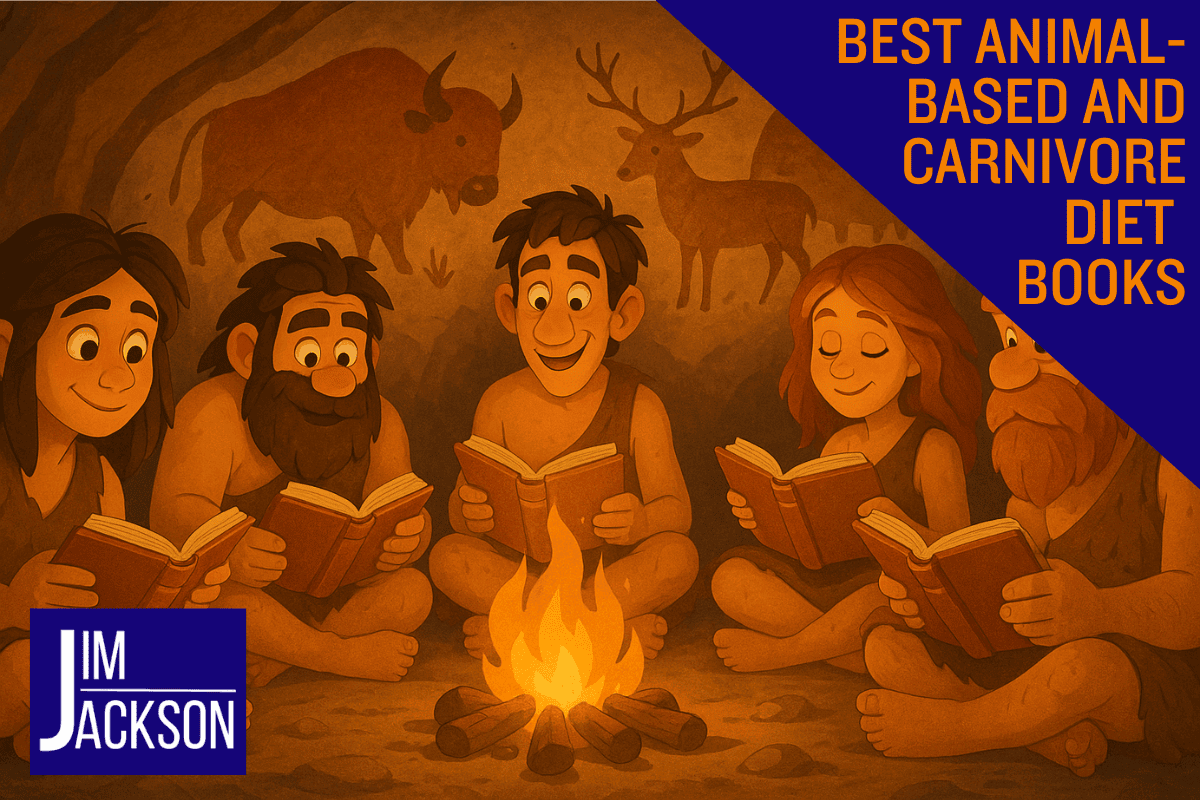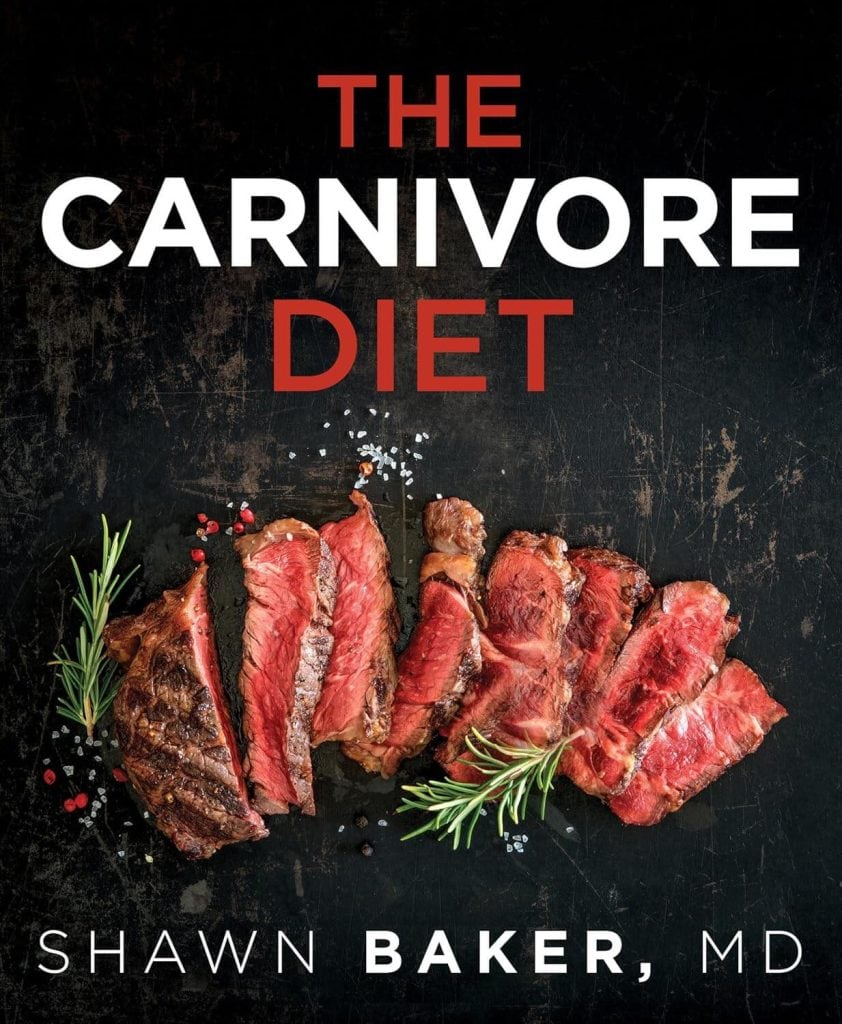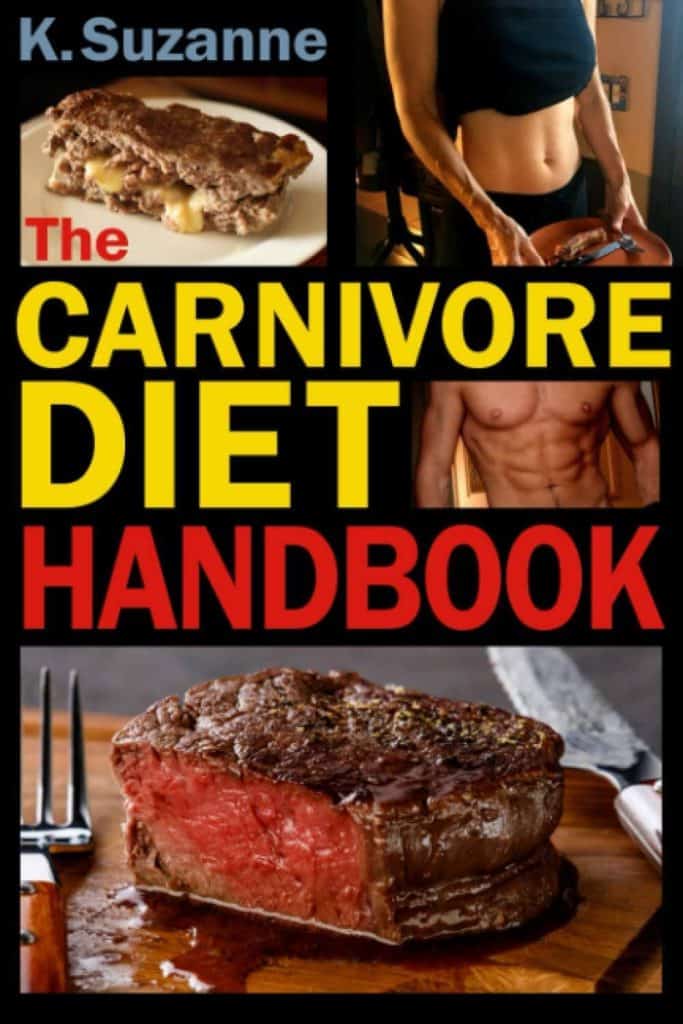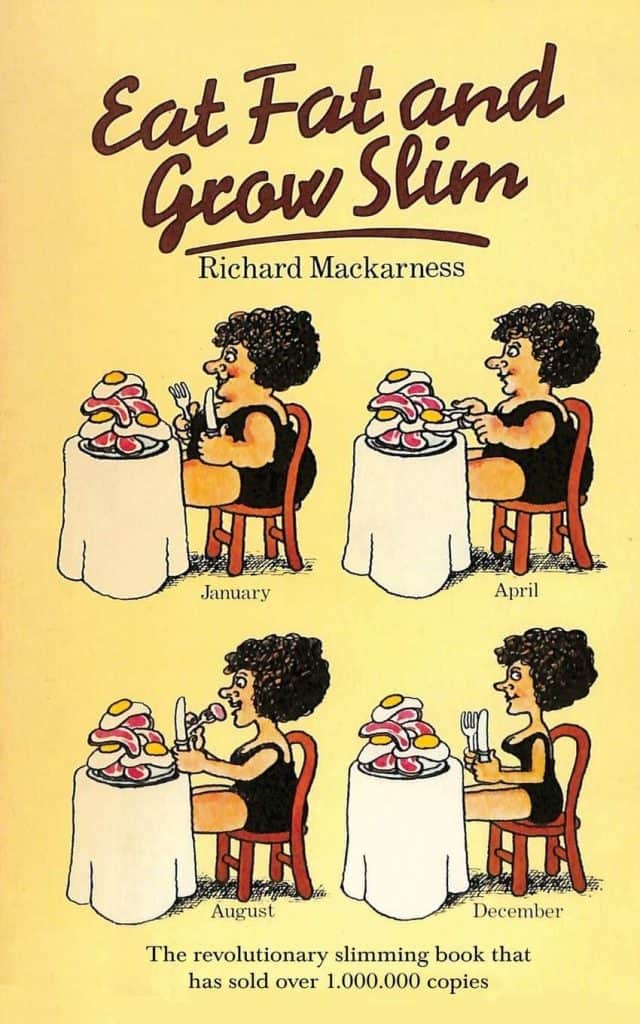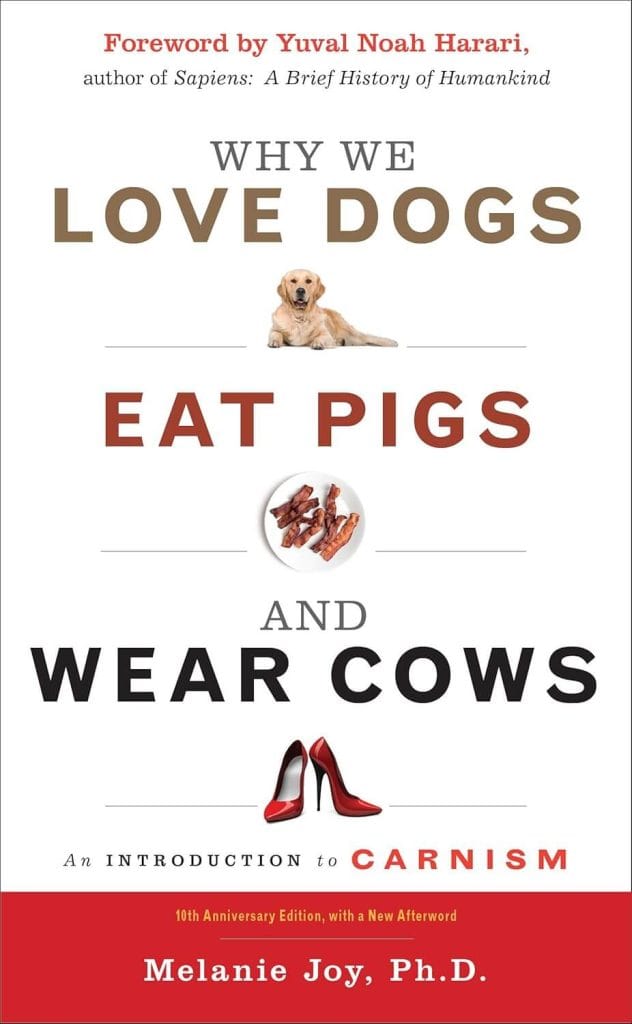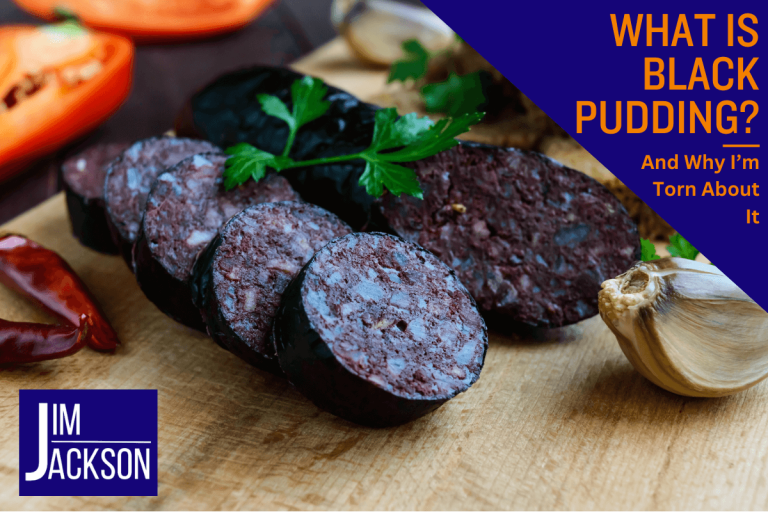Best Animal-Based And Carnivore Diet Books in 2026
Disclosure: This post contains affiliate links. If you buy through these links, I may earn a small commission at no extra cost to you. You can read the full disclosure for more information. It helps keep this site running — thank you for your support!
When I first heard about people eating either all or mostly meat, I thought they were crazy. I mean, everyone knows we need our five-a-day, right?
Everyone knows we should limit our red meat consumption to save ourselves from death from nasty diseases.
I initially sniggered at the stupidity and continued shoveling tuna pasta bake into my gob, wondering why I couldn’t shift my chronic fatigue.
But as carnivore and later animal-based diets gained popularity, and those adopting them seemed to be doing just fine—in fact, thriving—I decided to give it a go.
I quickly realised that eating only/mostly meat was easier said than done. I love steak and eggs, but for breakfast, lunch, and dinner, that was a bit much, not to mention expensive.
So, I quickly realised I needed some inspiration. Also, as my health improved dramatically, I started asking questions about how this could be.
That’s where these books come in. They provide plenty of meal options to keep things interesting and within budget.
Some explain why perhaps these diets aren’t so crazy after all. Let’s face it: Before this bizarre world of human-made processed foods, meat would’ve been the primary fuel source other than seasonal plant food.
So these are the books that helped me the most… enjoy.
Quick Comparison Table
| Book Title | Best For | Why Read It | Amazon Rating* |
|---|---|---|---|
| The Carnivore Diet – Shawn Baker | ✅ Beginners | Straightforward, no-nonsense guide that put the carnivore diet on the map. | ★★★★☆ (4.6/5) |
| The Carnivore Code – Dr. Paul Saladino | ✅ Flexible Approach | Animal-based diet with room for fruit/honey, backed by science. | ★★★★☆ (4.5/5) |
| The Carnivore Cure – Judy Cho | ✅ Practical Guidance | Step-by-step help, strategies for transition, and real-world support. | ★★★★☆ (4.7/5) |
| The Complete Carnivore Diet for Beginners – Judy Cho & Laura Spath | ✅ Plug-and-Play Plan | 30-day plan with shopping lists and easy recipes. | ★★★★☆ (4.6/5) |
| The Carnivore Diet Handbook | ✅ Quick Start | Balanced mix of recipes and simple science for an approachable intro. | ★★★★☆ (4.5/5) |
| Eat Fat and Grow Slim – Richard MacKarness | ✅ Historical Perspective | A 1958 classic that argued for meat and fat decades before keto/carnivore. | ★★★★☆ (4.4/5) |
| Why We Love Dogs, Eat Pigs, and Wear Cows – Melanie Joy | ✅ Cultural Insight | Explores the psychology of eating meat and cultural attitudes toward animals. | ★★★★☆ (4.6/5) |
*Amazon ratings current at time of writing (2026).
The Best Animal-Based And Carnivore Diet Books
Right, no messin’. Let’s get straight into it…
The Carnivore Diet by Shawn Baker
Dr. Shawn Baker, a former orthopedic surgeon and competitive athlete, is widely credited with popularizing the carnivore diet.
His book, The Carnivore Diet, argues for eating only animal foods while eliminating plants entirely. Baker mixes personal experience, scientific references, and patient stories to argue that meat isn’t just safe—it’s the most nutrient-dense, healing food we’ve got.
Why It’s Worth Reading
This book is direct, easy to follow, and perfect if you’re new to carnivore eating. Baker explains why cutting plants may help with everything from joint pain to mental clarity, without drowning you in jargon.
The tone is motivational rather than preachy, which makes it a good starting point for anyone curious but sceptical. Readers also love that it answers common fears about cholesterol, fiber, and long-term health.
my take
If you’re just starting out, this is the book I’d recommend first. It’s not overloaded with science, yet it provides enough detail to build confidence.
Baker’s no-nonsense style makes you feel like you’ve got a coach in your corner, cheering you on as you cut the carbs and fire up the steak.
The Carnivore Code by Dr. Paul Saladino
Dr. Paul Saladino is one of the most recognisable voices in the carnivore and animal-based space. In The Carnivore Code, he challenges mainstream nutrition by arguing that many plants contain “defense chemicals” that can harm human health.
Unlike a strict carnivore approach, Saladino introduces fruit, honey, and some dairy—calling it an “animal-based” diet rather than all-meat.
Why It’s Worth Reading
If you like science, this one delivers. Saladino digs into research on plant toxins, metabolic health, and nutrient density.
His inclusion of fruit and honey makes the diet feel more approachable for readers who aren’t ready to ditch all plants. It bridges the gap between a strict carnivore and a more flexible, yet still ancestral, way of eating.
my take
This book is best if you’re naturally analytical or nervous about going “all in” on pure carnivore. Saladino’s approach gives you room to experiment while still staying grounded in evolutionary logic.
Just note—he’s shifted over time, so his current views lean more towards flexibility than the book itself.
I love this about him, though—as his research and personal experience evolved, so did he, and he wasn’t afraid to admit where he was wrong.
The Carnivore Cure by Judy Cho
Judy Cho is a nutritional therapy practitioner who takes a practical, compassionate approach to carnivore eating.
In The Carnivore Cure, she explains why eliminating plants can help resolve chronic health issues and provides a structured plan for making the switch. The book combines science with real-world strategies, making it less intimidating for beginners.
Why It’s Worth Reading
This book shines because it doesn’t just tell you what to eat—it guides you through how to do it. Cho covers everything from transition symptoms to dealing with social situations, plus she tackles common concerns about nutrients and food variety.
Readers say it feels supportive, like having a coach walk you through the ups and downs of the journey.
my take
This is the one to pick if you want a hand-holding guide rather than a manifesto. Cho brings empathy into the carnivore conversation, which is refreshing when much of the diet world feels dogmatic.
It’s practical, reassuring, and helps you feel like you can actually make this work in your day-to-day life.
The Complete Carnivore Diet for Beginners
Written by Judy Cho and Laura Spath, The Complete Carnivore Diet for Beginners is exactly what the title promises—a step-by-step, 30-day plan for anyone curious about going meat-only.
The book includes shopping lists, simple recipes, and daily meal structures that remove the guesswork. Instead of arguing heavily over theory, it focuses on helping you take immediate action and see results within a month.
Why It’s Worth Reading
This book is great for people who don’t want to spend weeks reading about the science first—they want to know what to cook and eat tonight.
The structured plan makes the transition easier, especially if you’re worried about what to buy or how to avoid boredom. It also gives tips on managing cravings and staying consistent, which are often the biggest hurdles when starting out.
my take
I think of this one as a “plug-and-play” guide. Pair it with Baker’s or Cho’s book and you’ve got the full package: the reasoning behind the diet plus the practical daily routine to follow.
If you learn best by doing, this is a solid first pick.
The Carnivore Diet Handbook
The Carnivore Diet Handbook is another accessible option for beginners. It combines a straightforward introduction to carnivore principles with recipes and lifestyle advice.
It doesn’t dive as deeply into the science as Baker or Saladino, but it covers the essentials—why meat-based diets work, how to handle common challenges, and what to expect when dropping carbs and plants.
Why It’s Worth Reading
This book works well if you want a balance of theory and recipes without being overwhelmed. It provides enough background to understand the basics while giving you practical meals to try right away.
The mix makes it less intimidating for readers who aren’t sure if carnivore is sustainable but want to test it out.
my take
I recommend this to people who want a lighter, more approachable guide. It won’t answer every detailed question, but it’s a friendly on-ramp to carnivore that can help you build confidence before diving into heavier material.
Eat Fat and Grow Slim by Richard MacKarness
Published in 1958, Richard MacKarness’s Eat Fat and Grow Slim is a fascinating snapshot of diet thinking long before keto, paleo, or carnivore became household names.
As a British physician, MacKarness pushed back against the “fat makes you fat” dogma and argued for a diet rich in animal fats and protein, while drastically reducing carbohydrates.
It was radical for its time and influenced later movements toward low-carb living.
Why It’s Worth Reading
This book shows that many of today’s “modern” dietary arguments aren’t modern at all. MacKarness dismantled the idea that fat was the enemy decades ago, only to be drowned out by the rise of processed carbs and industrial seed oils.
Reading it now gives you perspective: the health advice that dominated the second half of the 20th century wasn’t based on unshakable science—it was based on politics, convenience, and misinterpretation.
my take
I enjoy this book as a historical anchor. It proves that questioning mainstream nutrition isn’t a new trend; it’s been happening for generations.
It’s not a recipe book but an eye-opener and a reminder that ancestral eating has always made more sense than the food pyramid.
Why We Love Dogs, Eat Pigs, and Wear Cows by Melanie Joy
Melanie Joy’s Why We Love Dogs, Eat Pigs, and Wear Cows isn’t a carnivore or animal-based diet manual—it’s a psychology book that explores “carnism,” the belief system that shapes how we decide which animals are food and which are not.
It asks why cows and pigs end up on the plate while dogs and cats don’t, and how culture, tradition, and marketing influence our feelings about meat.
Why It’s Worth Reading
Even if you don’t agree with all of Joy’s arguments, this book is valuable because it challenges assumptions.
It gives insight into why some people struggle with the idea of eating meat at all, and why debates around diet can feel so emotionally charged.
It can help carnivore readers understand the cultural context and the resistance they may face when they tell people about their way of eating.
my take
I see this book as a “perspective expander.” It won’t give you meal plans or nutrition tips, but it will sharpen your awareness of how culture shapes dietary choices.
Understanding that can make it easier to navigate social conversations without frustration.
Which Book is Right for You?
With so many options, it helps to match the book to where you are in your journey. Here’s a quick guide:
- Brand new to carnivore and want something clear, motivating, and straight to the point?
Start with Shawn Baker’s The Carnivore Diet. It’s the no-nonsense introduction that strips away the noise. - Curious about a more flexible, animal-based style with fruit and honey included?
Go for Paul Saladino’s The Carnivore Code. It’s detailed, science-heavy, and ideal if you like research. - Looking for step-by-step guidance and reassurance through the ups and downs?
Choose Judy Cho’s The Carnivore Cure. Supportive and practical, it feels like having a coach by your side. - Prefer to follow a structured plan with recipes and shopping lists right away?
Pick The Complete Carnivore Diet for Beginners by Judy Cho and Laura Spath. A plug-and-play guide for quick action. - Want something lighter with a balance of simple science and recipes?
Grab The Carnivore Diet Handbook. A friendly, quick-start option that won’t overwhelm you. - Interested in where these ideas came from and how nutrition dogma has shifted?
Read Richard MacKarness’s Eat Fat and Grow Slim for historical context and proof that low-carb eating isn’t new. - Want to understand the psychology behind how society views meat?
Check out Melanie Joy’s Why We Love Dogs, Eat Pigs, and Wear Cows. It won’t plan your meals, but it’ll open your mind.
Other Recommended Carnivore Diet Books & Authors
The seven books we’ve covered are some of the best, but other authors’ve added real depth to the conversation. If you want to expand your shelf, these are worth a look:
- The Carnivore Cookbook – Maria Emmerich & Craig Emmerich
Famous in the keto world, Maria and Craig have written several carnivore cookbooks that double as guides for beginners. They focus on high protein, nutrient density, and practical meal plans that make cooking easier. If you’re looking for tasty variety, their recipes deliver plenty of flavor without straying from a meat-first approach. - The Paleo Solution – Robb Wolf
Author of The Paleo Solution, Robb helped bring the ancestral diet to the mainstream. His work laid the foundation for keto and carnivore communities by highlighting the importance of eating whole, animal-based foods. - The Big Fat Surprise – Nina Teicholz
Not a strict carnivore diet book, but a must-read if you want to understand how the “fat is bad” myth took hold. Teicholz uncovers the politics, myths, and secrets behind decades of dietary advice, and why eating more fat may actually help us attain optimal health.
These books add valuable perspectives, from practical cooking to big-picture nutrition research. If you’re serious about achieving better health, it’s worth giving them space alongside Baker, Saladino, and Cho.
Why Carnivore Books Matter (Beyond Recipes)
You might think carnivore diet books are just recipe collections, but they’re more like tools for change. Many frame carnivore as the ultimate elimination diet—a way to strip back your food choices to only meat and animal products, then slowly reintroduce things to see what your body can truly handle.
Some books even discuss a carnivore autoimmune protocol for people struggling with issues like leaky gut, poor gut health, fatigue, or autoimmune flare-ups. This stricter version cuts out dairy and eggs at first, giving your system time to digest and heal before testing foods back in.
These guides don’t just help with weight loss—they’re about healing, energy, and long-term wellness. By following structured meal plans, you get clarity on what works, whether that’s keeping plants and vegetables out entirely or deciding if things like butter and cheese belong in your daily routine.
At their core, carnivore books highlight the importance of listening to your own body. They give you the rules, the science, and the real-life strategies to help you cut through confusion, save your health, and maybe even attain optimal health again.
Common Sense Check
Each of these books takes a different angle—some strict, some flexible, some practical, and some more reflective. But if you strip them back, the core message is the same: humans thrive on nutrient-dense animal foods.
Before Baker, Saladino, or Cho wrote a word, our ancestors didn’t debate whether fruit should be seasonal or if butter was “heart-healthy.” They ate what kept them alive—meat, fat, and the occasional natural carb when it was available.
That’s the beauty of these books. They don’t invent a new way of eating—they remind us of an old one.
Whether you prefer a structured 30-day plan, a science-heavy deep dive, or a broader perspective on culture and food psychology, the takeaway is simple: nature already gave us the blueprint, and it starts with meat.
Conclusion
Our bodies are designed to eat animals, and if you’ve already been doing it, while cutting the junk, you’ll know this is the truth because you’ll be thriving.
The challenge today is the conflicting information and the variety of foods to choose from.
You don’t have to go back too many generations, and the choices were limited. Go back 10,000 years, when we had to live off the land and eat whatever Mother Nature offered.
It doesn’t take a genius to figure out that meat would have featured heavily. This is why I believe a little common sense cuts through the confusion about what humans should eat—we just need to ask the right questions.
Once you realize that and choose to eat as we’ve done for millennia, these books help you do so and understand why this is how we should be eating.
I call this way of eating the Ultimate Human diet because it’s what our bodies want and need to perform at their best.
And that’s it… have a nutritious day!
FAQs
What is the 80/20 rule for the carnivore diet?
The 80/20 rule for the carnivore diet means eating only meat and animal foods 80% of the time, while allowing some flexibility with plants or fruit 20%. It’s a softer approach.
Is there a book for the carnivore diet?
Yes, several excellent carnivore diet books exist. Top picks include Shawn Baker’s The Carnivore Diet, Paul Saladino’s The Carnivore Code, and Judy Cho’s Carnivore Cure. Each offers guidance, science, and meal plans.
What did Elon Musk say about the carnivore diet?
Elon Musk reportedly followed versions of the low-carb and carnivore lifestyles to improve his health. While not strict, he’s spoken about reducing processed foods and carbs and focusing on meat, fat, and nutrient-dense choices.
How long to lose 20 pounds on a carnivore diet?
Weight loss varies by body type and commitment. Some lose 20 pounds within 1–2 months on the carnivore diet, especially when following structured meal plans and using it as the ultimate elimination diet.

